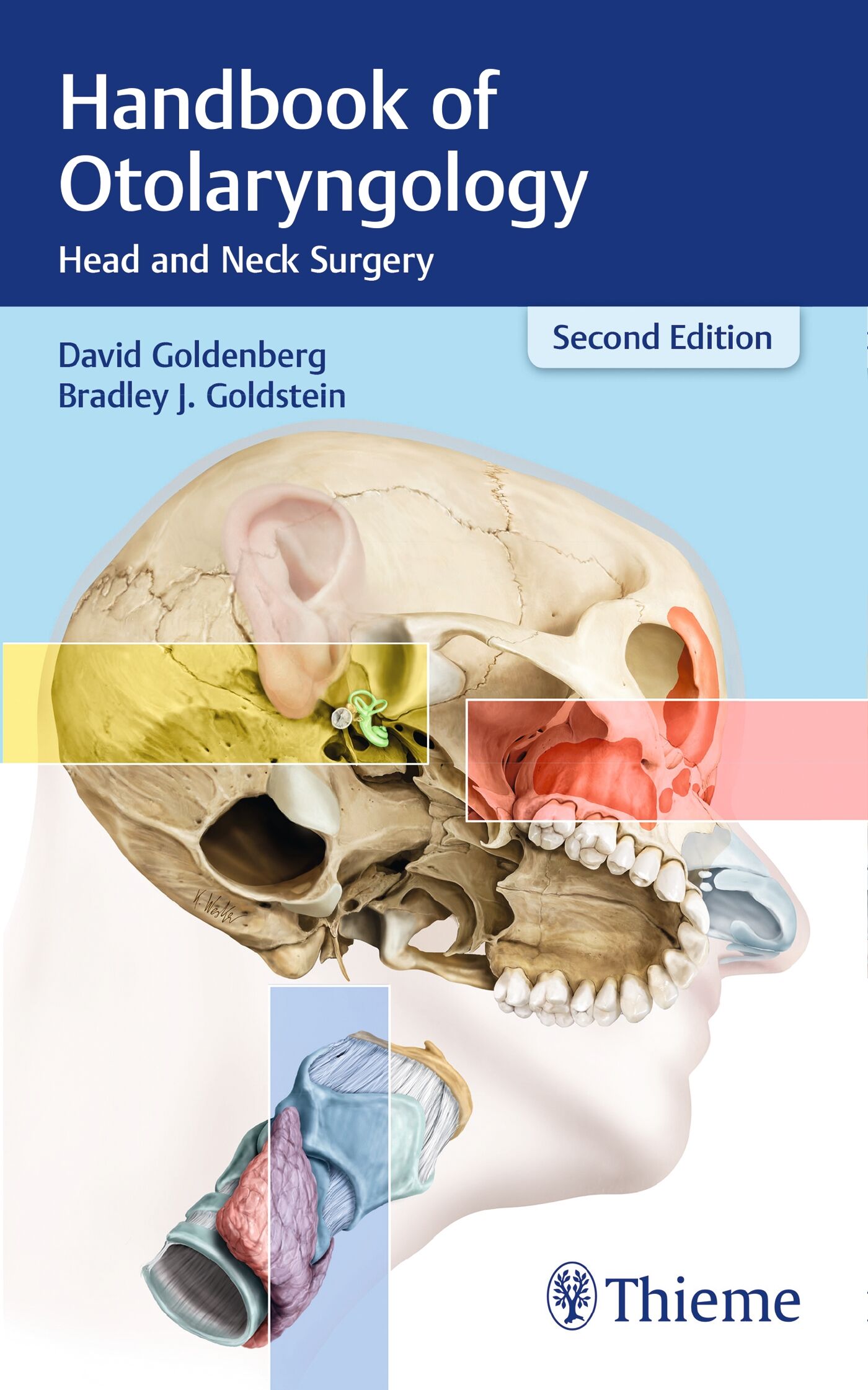When It's Time to See a Voice Doctor
Wiki Article
Exploring the Field of Otolaryngology: What to Expect When You Get In Touch With an ENT
Otolaryngology, frequently referred to as ENT, encompasses the diagnosis and therapy of ear, nose, and throat problems. For those experiencing relevant concerns, seeking advice from an ENT professional can supply clearness and relief. Understanding what to expect during such appointments is important for effective communication and care. This summary will certainly lay out key aspects of the ENT experience, consisting of common factors for brows through and the procedures entailed in diagnosis and therapy.
Comprehending Otolaryngology: A Summary
Otolaryngology, usually referred to as ENT (Nose, throat, and ear) medication, is a specific branch of medicine that focuses on the medical diagnosis and treatment of problems influencing these vital locations of the body. This field encompasses a variety of problems, consisting of those pertaining to hearing, equilibrium, breathing feature, and speech. Otolaryngologists are educated to manage both medical and surgical therapies, utilizing sophisticated strategies and innovations. Their knowledge expands past traditional disorders, resolving problems such as allergic reactions, sinus infections, and hearing loss. Additionally, they play an essential role in the administration of head and neck cancers cells, supplying complete care tailored to private client demands. In general, otolaryngology continues to be necessary for maintaining wellness and lifestyle in affected individuals.Typical Factors to See an ENT Professional
Many people look for the knowledge of an ENT professional for a range of reasons, reflecting the diverse nature of problems that impact the throat, ear, and nose. Common issues consist of chronic sinus problems, which typically causes consistent nasal congestion and face pain. Allergic reactions and their linked signs, such as itching and sneezing, likewise prompt visits to these experts (ENT surgery). Hearing loss, whether gradual or abrupt, is one more substantial factor for consultation. In addition, people might seek evaluation for throat problems, including relentless hoarseness or ingesting problems. Sleep apnea, characterized by disturbed breathing during sleep, is regularly attended to by ENT experts. Each of these conditions highlights the value of specialized treatment in handling complex ENT-related health concerns
Planning for Your ENT Consultation
When planning for an ENT appointment, it is vital to gather pertinent info and consider any certain problems. Clients should put together a thorough case history, including previous ear, nose, or throat problems, surgical procedures, and existing medications. Documenting signs and symptoms-- such as regularity, intensity, and duration-- can give useful insights for the ENT professional. Furthermore, people must prepare a listing of questions they desire to ask, making certain that all worries are attended to during the see. Bringing along any kind of pertinent medical records or test results can additionally aid the ENT in comprehending the person's problem. Patients ought to verify their appointment details, consisting of time, day, and location, to decrease any kind of last-minute complication. Correct prep work can boost the efficiency of the appointment and cause better results.What to Anticipate During the Appointment
As the examination starts, the patient can anticipate to participate in a complete discussion with the ENT professional concerning their symptoms and case history. The specialist will ask about the period, regularity, and severity of symptoms such as hearing loss, nasal congestion, or sore throat. In addition, the client's previous medical problems, drugs, and any relevant household history will be reviewed, aiding the specialist in forming a full understanding of the client's wellness. The ENT might also ask regarding way of life elements, such as exposure to toxic irritants or irritants. This open dialogue develops a foundation for the consultation, guaranteeing that the individual's problems are resolved and setting the stage for any type of needed analyses or recommendations for treatment.
Diagnostic Tests and Procedures in Otolaryngology
A series of diagnostic tests and procedures are essential in otolaryngology to accurately review and detect conditions impacting the throat, nose, and ear. Typical tests include audiometry, which determines hearing function, and tympanometry, evaluating center ear stress. Nasal endoscopy permits visualization of the nasal passages and sinuses, while laryngoscopy takes a look at the throat and vocal cables. Imaging strategies, such as CT scans and MRIs, supply comprehensive sights of head and neck structures. Allergic reaction screening may additionally be conducted to determine triggers for sinus or respiratory concerns. These analysis devices enable ENT professionals to create a detailed understanding of individuals' problems, making certain customized and efficient monitoring plans. Correct medical diagnosis is important for successful therapy results in otolaryngology.Therapy Options Offered by ENT Specialists
ENT experts provide a variety of therapy options tailored to resolve particular conditions affecting the throat, ear, and nose. These therapies vary from traditional methods, such as medication and way of living alterations, to more invasive procedures. Allergic reactions might be managed with antihistamines or immunotherapy, while persistent sinus problems may require nasal corticosteroids or sinus surgery. For hearing loss, ENT specialists frequently recommend hearing help or surgical treatments like cochlear implants. In cases of throat conditions, choices can consist of speech therapy or surgeries to remove blockages. Furthermore, they might supply guidance for taking care of rest apnea, consisting of the use of CPAP tools or medical treatments. On the whole, the goal is to boost patients' lifestyle via personalized care and effective therapy strategies.When to Seek Follow-Up Treatment With an ENT
Recognizing when to seek follow-up care with an ENT specialist is crucial for managing continuous signs and symptoms or difficulties connected to nose, throat, and ear problems. People ought to take into consideration setting up a follow-up consultation if symptoms continue despite initial treatment, such as chronic ear pain, nasal blockage, or throat discomfort. Adjustments in hearing, balance issues, or unusual nasal discharge might also necessitate further evaluation. Furthermore, if a client experiences side results from suggested medications or has actually undergone a medical treatment, follow-up care is essential to monitor healing and resolve any kind of concerns. Timely examinations can ensure effective management of problems, prevent possible problems, and give peace of mind regarding one's health and wellness. Seeking follow-up treatment advertises aggressive wellness monitoring in otolaryngology.Frequently Asked Concerns

What Certifications Should I Search for in an ENT Professional?
When looking for an ENT expert, one need to search for board certification, appropriate experience, and solid individual evaluations. Additionally, augusta otolaryngology efficient interaction abilities and a caring method can greatly boost the general treatment experience.Exactly how Do I Pick the Right ENT for My Demands?
Choosing the ideal ENT expert entails Source evaluating their certifications, experience, and patient reviews (ENT Clinic). It is important to ponder their interaction design and approach to treatment, ensuring they align with the individual's details health and wellness demands and preferencesExist Any Type Of Risks Related To ENT Procedures?
The threats related to ENT treatments may include infection, bleeding, anesthesia difficulties, and prospective damage to surrounding structures. Clients ought to talk about these threats with their physician to understand individual worries and assurance notified decisions.How Can I Handle Stress And Anxiety Prior To My ENT Appointment?
To handle anxiousness prior to a consultation, people can practice deep breathing exercises, imagine positive outcomes, prepare inquiries in breakthrough, and seek assistance from friends or family members, cultivating a feeling of reassurance and peace.What Should I Do if I Experience Side Impacts From Treatment?
If negative effects from therapy happen, the individual should promptly report them to their health care company. Adjustments to therapy or extra treatments might be required to guarantee safety and security and effectiveness in handling their problem - Otorrinolaringologia. As the assessment starts, the individual can expect to involve in a detailed discussion with the ENT expert about their signs and clinical history. These diagnostic tools allow ENT specialists to create a comprehensive understanding of individuals' problems, ensuring tailored and effective administration strategies. ENT experts use a selection of therapy alternatives customized to resolve specific conditions affecting the throat, ear, and nose. When seeking an ENT specialist, one must look for board qualification, pertinent experience, and solid patient evaluations. Picking the appropriate ENT professional involves assessing their qualifications, experience, click here for more and person evaluationsReport this wiki page